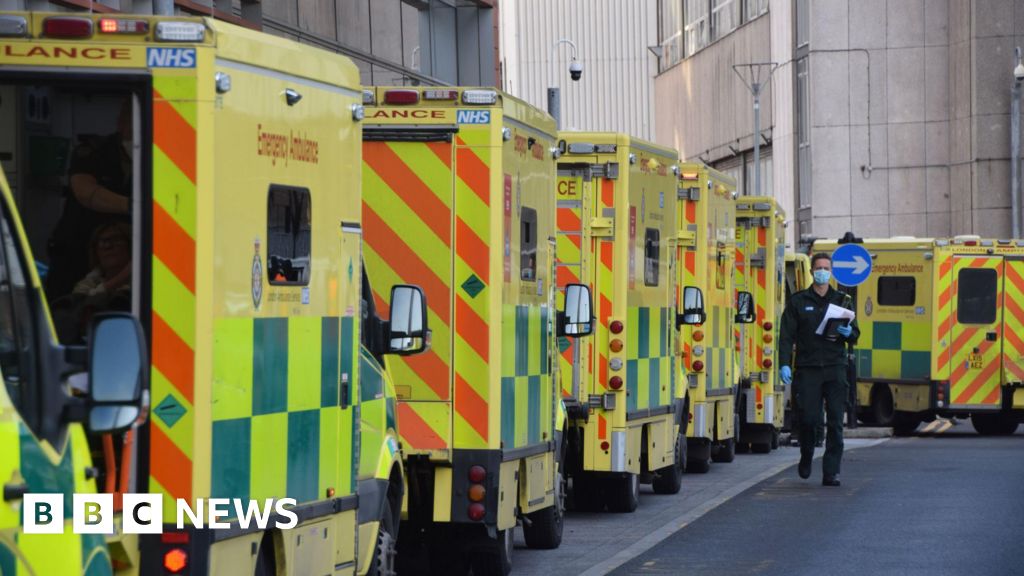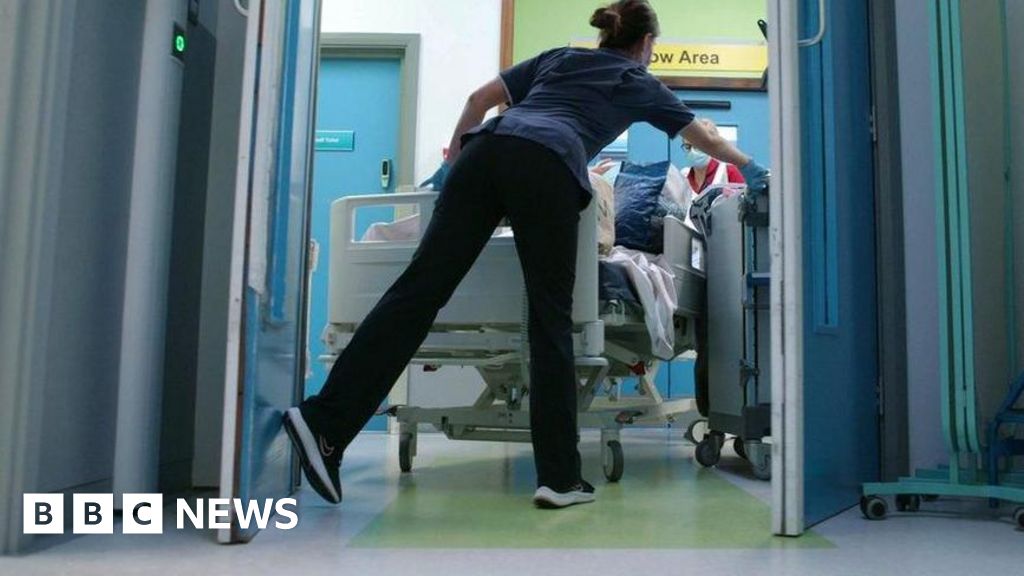ARTICLE AD BOX
Image source, Getty Images
Children aged between five and 11 in England will be offered a low-dose Covid vaccine, the government says.
Northern Ireland has said it will also follow Wales and Scotland in offering young children the vaccine.
Our health correspondents Smitha Mundasad and Philippa Roxby answer some of your questions:
If our children are 11 are we just better to wait for them to turn 12 and get the full vaccine? (Caroline Foster)
The benefits of getting a vaccine are likely to apply mainly to a future wave of infection.
And we don't know for certain when the next wave will occur or how severe it will be.
Most healthy children do not get severely ill from Covid-19 but some do.
With this in mind families may decide to take the paediatric dose for their 11-year-olds while their children are eligible - as this will provide some protection relatively quickly.
Experts are advising children to have their vaccines in the school holidays to avoid disruption to their education from any flu-like side effects of the jab.
How can we be sure of the long term side effects when this is such a new vaccine? (Sarah Melvin)
Covid vaccines may not have been around of many years but they have been heavily scrutinised from the moment they were developed.
Safety monitoring systems set up around the world - including the UK's Medicines and Healthcare products Regulatory Authority - collect and share the very latest information from the hundreds of millions of people who have been vaccinated against Covid so far.
This shows most side-effects are mild and short-lived - such as pain at the injection site or a fever. Some more serious side-effects, including inflammation of the heart muscle, are rare.
Looking at the history of other vaccines, most side-effects become apparent within the first few months of having a jab. And side-effects need to be weighed against the harms of Covid infection.
My daughter is five, she was born with a congenital heart defect and I have NO IDEA whether to take up the vaccine or not. There's no clear guidance for people like us (Charlotte)
Some medical conditions put children at higher risk of getting severe Covid. This includes chronic heart conditions and in some cases congenital heart disease.
If your child's illness is on the at-risk list - and it would be best to check with her GP or specialist - then the advice is she should be offered two doses of the vaccine to help protect her from severe disease.
Otherwise healthy children are at lower risk of severe Covid but a small number will still get very unwell with it.
My 11-year-old has already recently had Covid with mild symptoms, so presumably given that, and the associated risk of myocarditis, she should avoid having the vaccine? (Justin Edmund-White)
Natural immunity arising from prior infection will contribute towards protection against future infection and disease.
But how strong that protection is can vary highly from person to person.
And some studies suggest protection against severe disease is more consistently strong from vaccines.
Getting vaccinated - even if someone has had Covid-19 already - means they are more likely to be protected for longer.
The potential benefits from vaccination apply mainly to a future wave of infection; the more severe a future wave, the greater the likely benefits.
In terms of side-effects, in the United States, fewer than two cases of vaccine-related myocarditis have been reported per million doses.
My 10-year-old has had Covid-19 twice already this winter. Wouldn't it be better to wait to give her strong protection from the virus next winter? (Heidi Norman)
The UK's vaccine advisory body has recommended the jab for your daughter but there's no major rush for her to get it.
Children are at extremely low risk from the virus and if she has recently been infected, she will have some in-built protection already.
She would have to wait for four weeks after her last infection before having a jab in any case.
Two vaccine doses on top that would mean she would be well-protected if there was a new variant or a new wave of infections this winter.
The vaccines aren't very good at stopping infections but they do provide strong protection against serious disease, and that lasts for some time.
If you are a parent, do you plan to have your child vaccinated? What are your questions about children receiving a Covid vaccine? Send us your questions and tell us about your plans by emailing: haveyoursay@bbc.co.uk.
Please include a contact number if you are willing to speak to a BBC journalist. You can also get in touch in the following ways:
If you are reading this page and can't see the form you will need to visit the mobile version of the BBC website to submit your question or comment or you can email us at HaveYourSay@bbc.co.uk. Please include your name, age and location with any submission.

 2 years ago
32
2 years ago
32








 English (US) ·
English (US) ·